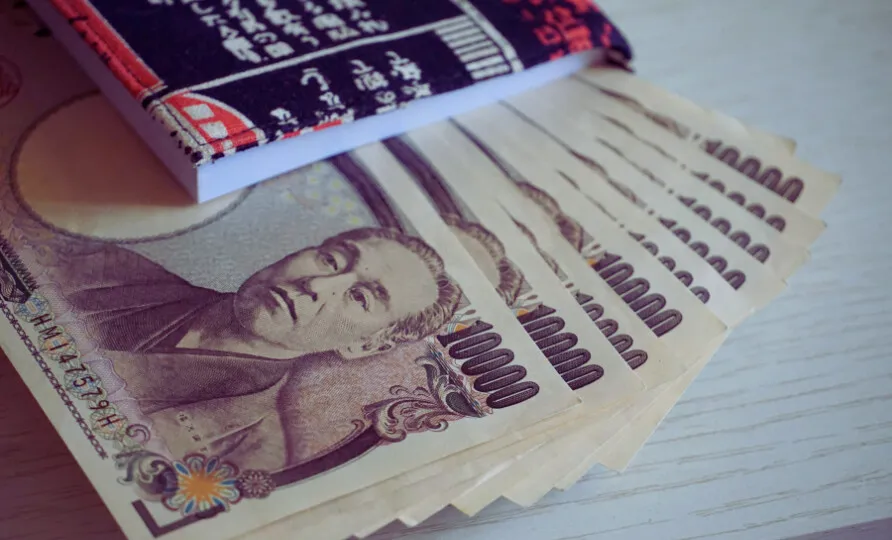Both crypto and global financial markets faced one of the worst meltdowns in recent memory on August 5th. Observers have implicated the Bank of Japan for months of supporting low-interest-rate loans. They also predict that the worst may be over soon and that cryptocurrencies may recover quickly.
Some believe the rising cost of yen-denominated loans is responsible for the crash. Kobeissi Letter, a leading global markets commentary platform, wrote that the yen carry trade was responsible for the havoc in financial markets.
The Bank of Japan (BoJ) raised interest rates to 0.25% from 0.1% in a 7-2 vote, strengthening the yen and effectively hindering the yen carry trade. The hike is the second since 2007, which marked the end of the negative rate policy.
BoJ to blame for bleeding global markets
Before the hike, investors borrowed yen at exceptionally low interest rates and used the loans as leverage to invest in higher-yielding assets in other markets. The borrowers, including retail and institutional investors, were concerned about the depreciating yen against foreign currencies.
Stock markets around the world are crashing right now, but why?
The answer to this question is the Yen carry trade, a term you'll probably hear many times this week.
So what exactly is the Yen carry trade and why did it cause a market downturn?
A thread to explain:
(1/7) pic.twitter.com/0G5MnsV49I
— The Kobeissi Letter (@KobeissiLetter) August 5, 2024
According to the Kobeissi Letter, the investors borrowed yen and converted the currency to stronger currencies, such as the US dollar, getting an almost free margin call.
The crypto market is mostly driven by short-term trades from institutional traders who primarily profit from the crypto volatility. These institution traders heavily rely on leverage to increase their purchasing power and amplify their gains.
Recently, Japan has been the honey pot for these investors by providing cheap loans. A report from ING Bank indicated that yen-denominated loans to foreign borrowers peaked at $2 trillion, the highest in two years.
Yen gains strength against the US dollar
The USD/JPY exchange rate dropped to 145 from a high of 161 recorded in mid-July, making yen-denominated loans more expensive for borrowers. July also saw US unemployment numbers surge sharply.
As a result, traders panicked and initiated billions worth of liquidations, either from margin calls or by taking the necessary precautions to reduce their risk exposure. Global markets also fell tremendously. For instance, the S&P 500 index fell by 5%, shaking the US markets.
In an interview with CNBC, Kyle Bass, an American investor, highlighted that Japanese retail savers invested in dollar assets for fear of losing the purchasing power of the yen.
The sell-off caused Bitcoin and Ethereum to plummet by double digits in less than 24 hours. Bitcoin dropped by 18%, while Ethereum plunged by 26%. Bitcoin topped the $70,000 mark in July before plunging to lows below $49,000 on August 5th. On the other hand, Ethereum briefly peaked at $3,500 in July before dropping to $2,100.





